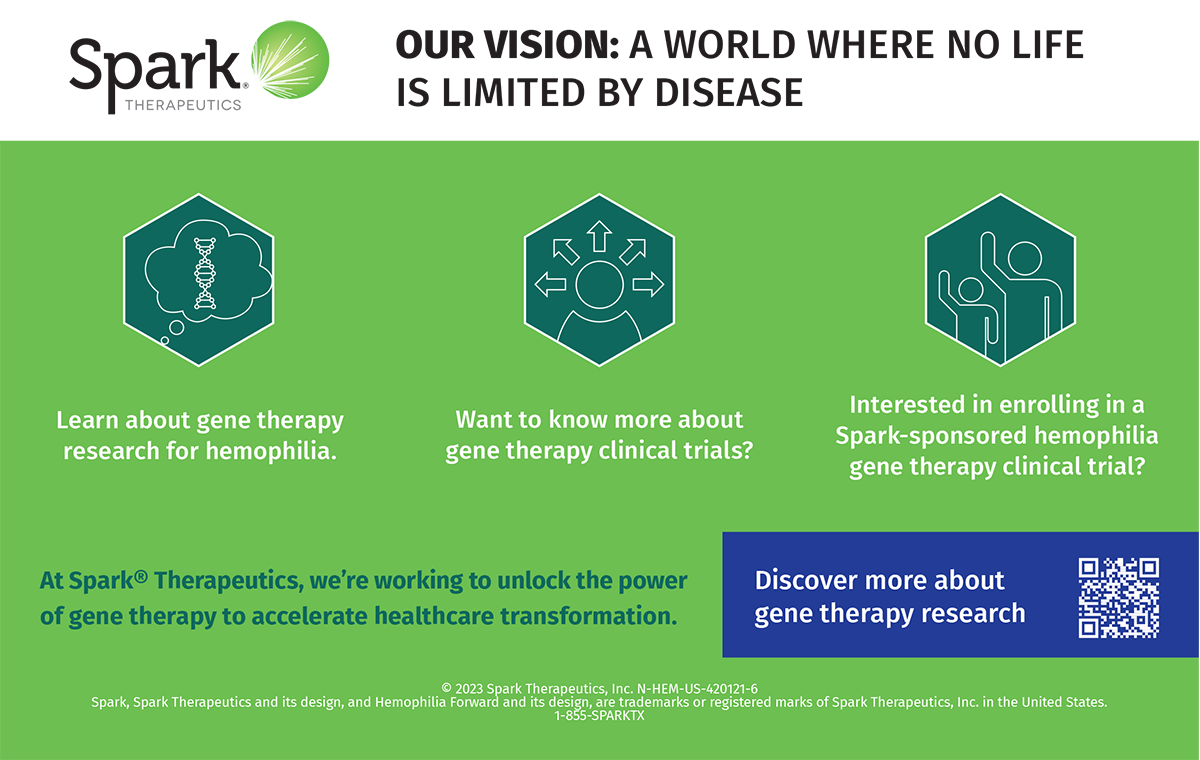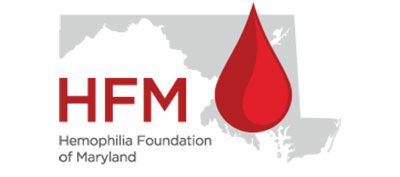Our History
Members matter ...






Takeda Announces Global Discontinuation of HEMOFIL® M and RECOMBINATE®
Important Community Notice from the Hemophilia Foundation of Maryland Takeda Announces Global Discontinuation of HEMOFIL® M and RECOMBINATE® Takeda has announced its decision to globally discontinue HEMOFIL® M [Antihemophilic Factor (Human), Method M, Monoclonal Purified] and RECOMBINATE® [Antihemophilic Factor (Recombinant)]. Takeda recognizes the significant

Men’s Group Gathers for a Day on the Seas
HFM hosted a men’s charter fishing trip that filled to capacity within days. The men had a wonderful time bonding and maxed out the rockfish catch for the day! Stay tuned to future Men’s Support Group Gatherings!
Our History
Advocating for Marylanders since 1950
The Hemophilia Foundation of Maryland evolved in the early 1950’s from a group of concerned families. These early chapter families were brought together by the social worker at St. Agnes Hospital, where most were treated. Some of the founding members of this organization continue to guide HFM today.
Our Foundation's History of Advocacy
- Increasing awareness and understanding of bleeding disorders
- Advocating for a safe blood supply to ensure the integrity of clotting factor concentrates and other treatments for individuals with bleeding disorders
- Ensuring access to comprehensive care centers that provide specialized treatment and support services
- Advocating for affordable access to clotting factor concentrates and other essential medications
- Promoting research funding for innovative treatments
- Addressing disparities in healthcare access and quality for individuals with bleeding disorders, particularly in underserved communities
- Supporting policies that protect the rights of individuals with bleeding disorders, including anti-discrimination laws and healthcare coverage mandates
- Raising awareness about the challenges and needs of individuals living with a bleeding disorder to foster understanding and support within the broader community
- Collaborating with healthcare providers, researchers, policymakers, and advocacy organizations to advance the interests of bleeding disorder patients and improve their quality of life
- Promoting mental health support for bleeding disorder patients




